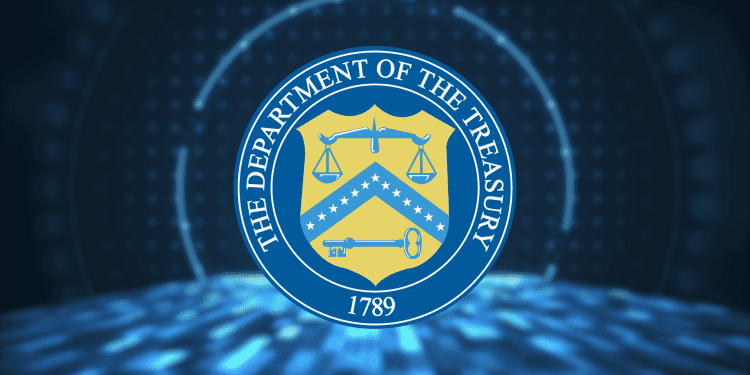- U.S. Deputy Treasury Secretary Adewale Adeyemo outlined three proposals to enhance the Treasury Department’s ability to combat crypto-related crimes.
- The proposals include introducing secondary sanctions targeting foreign crypto firms involved in illicit activities, expanding existing authorities to cover the crypto ecosystem, and addressing jurisdictional risks from offshore crypto platforms.
- Adeyemo cited the use of cryptocurrencies by terrorist groups, North Korea, and in the fentanyl trade as reasons for needing greater enforcement powers in the crypto space.
The US Treasury Department is seeking greater authority to combat illicit crypto activity. Deputy Treasury Secretary Adewale Adeyemo outlined three key proposals in recent Senate testimony.
Background
Adeyemo appeared before the Senate Banking Committee on April 9th to discuss countering illicit finance, terrorism, and sanctions evasion. This follows up on reform proposals made by the Treasury Department back in November.
Proposed Reforms
In his testimony, Adeyemo called for three changes to enhance the Treasury’s ability to police crypto crimes:
- Introduce secondary sanctions on foreign crypto providers engaged in illicit activity. This would expand Treasury’s ability to cut off access to US financial systems.
- Broaden the powers of existing authorities to cover the crypto ecosystem.
- Address jurisdictional risks from offshore crypto platforms. Adeyemo called this a “key challenge.”
Adeyemo pointed to crypto use by terrorists, North Korea, and fentanyl traffickers as evidence for the need for reform. He admitted that terrorists still prefer cash but warned crypto could become more prevalent without Congressional action.
Reaction
Senate Banking Committee leaders on both sides of the aisle expressed support for Treasury’s goals, though they emphasized different priorities.
Chair Sherrod Brown backed the push for expanded enforcement tools. Ranking member Tim Scott focused more on foreign policy threats to US national security.
Conclusion
The Treasury Department continues its push for more authority to police cryptocurrency. Its proposals are garnering some support in Congress, but comprehensive legislation remains elusive. The debate over crypto oversight seems likely to intensify as adoption spreads.














